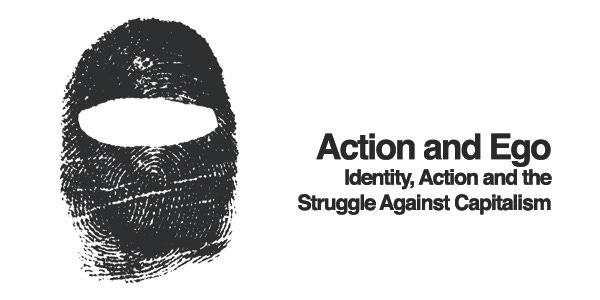Morning Comrades.
Something I have been catching myself do increasingly lately is yap on about generational identities, and sure, it has something to do with being in the hospitality business, and I wanted to tap into this reactionary, honestly, silly mechanism that is increasingly feeling divisive and here we are.
The ruling class has always been adept at inventing categories through which it can divide, pacify, and market to the masses. Today, in the era of late capitalism, one of the most pervasive of these categories is generational identity: “Millennials,” “Gen Z,” “Boomers,” “Gen X,” and so on. These are not organic communities, nor are they historical classes in the Marxist sense, not are they rooted in actual reality.
They are corporate constructs, born from the boardrooms of advertisers and the spreadsheets of political consultants, meant to slice humanity into manageable demographics that can be sold products, narratives, and political platforms. These terms do not liberate; they commodify. They take the real fractures of society between exploited and exploiter, worker and capitalist, oppressed and oppressor and displace them onto an artificial axis of age. What results is an entire political discourse in which “generations” are imagined to be warring tribes, when in truth they are bound together by shared subjugation to the dictatorship of capital.¹
This generational marketing is not neutral. It is ideological. When a headline blames “Boomers” for hoarding wealth or paints “Gen Z” as the most progressive generation, what is actually occurring is the displacement of class antagonism into a cartoonish morality play of young versus old. The enemy is not the seventy-year-old pensioner barely surviving on state assistance; it is the seventy-year-old billionaire who sits atop oil monopolies, financial conglomerates, and private prisons. But by rendering these distinctions invisible, the generational schema absolves capital of its crimes while inviting us to resent our neighbours, parents, or children. It is nothing less than age-based identity politics, idpol in its most crass and distracting form used to obscure the one identity that truly matters in the struggle: the identity of class.²
Against this, Marxism insists that what matters is not who you are but what you do. Identity, as capitalism conceives it, is inward-facing: it is a label, a brand, an ego-construction that can be consumed or performed. Action, by contrast, is outward-facing: it is the activity of a subject engaged with the world, transforming it. Marx himself argued that it is not consciousness that determines life but life that determines consciousness, that is, the material practice of living and producing shapes how we see ourselves and others.³ Capitalism wants us trapped in the mirror of identity, forever describing ourselves, defining ourselves, and consuming things that supposedly express who we “are.” Revolution demands the opposite. It demands that we subordinate the ego to the collective, that we recognise our service to the greater good as the only real measure of who we are. This is why the militant must begin not with “I am,” but with “I do.”
Keep reading with a 7-day free trial
Subscribe to Black Lodges to keep reading this post and get 7 days of free access to the full post archives.


